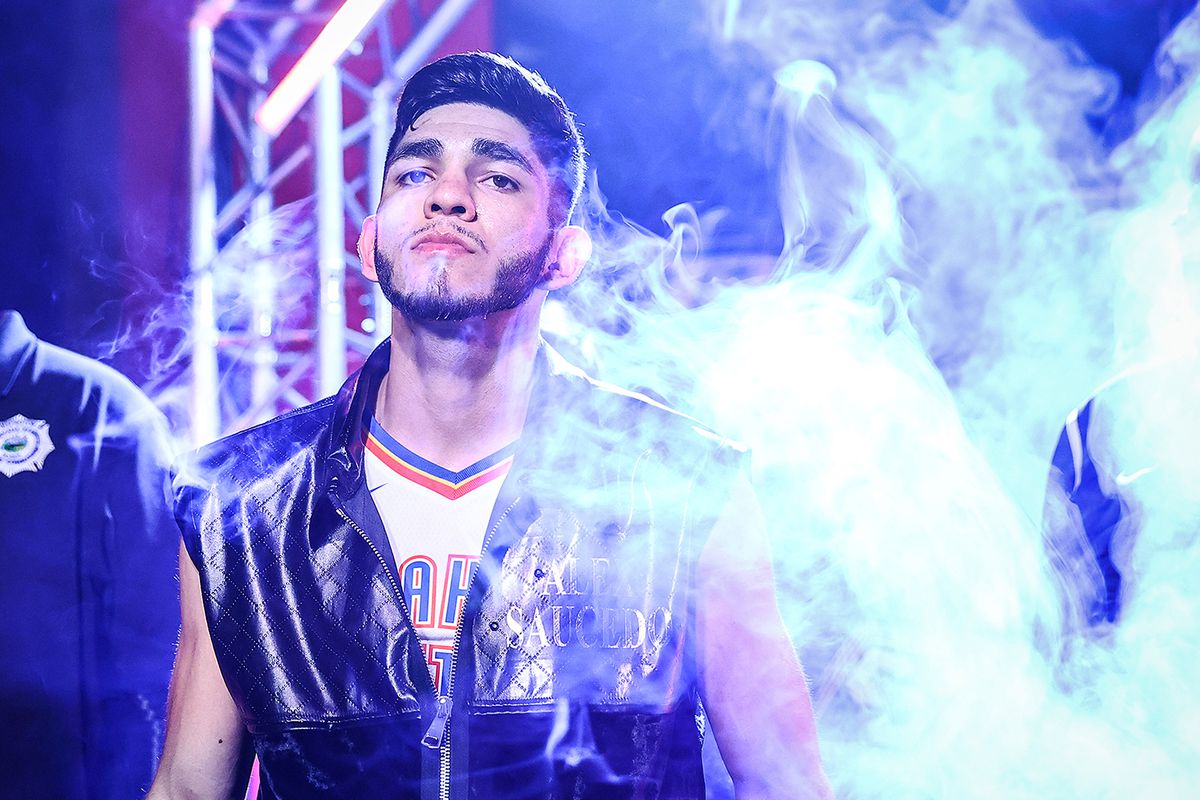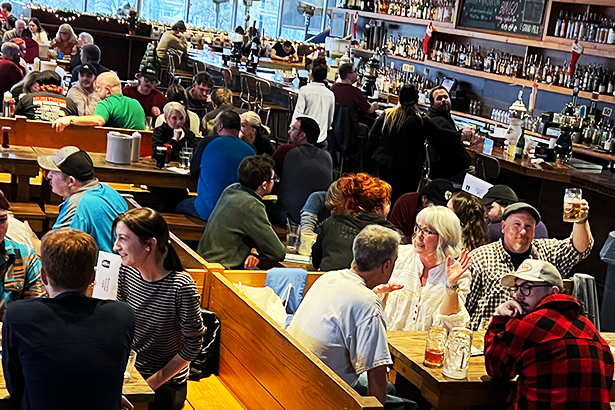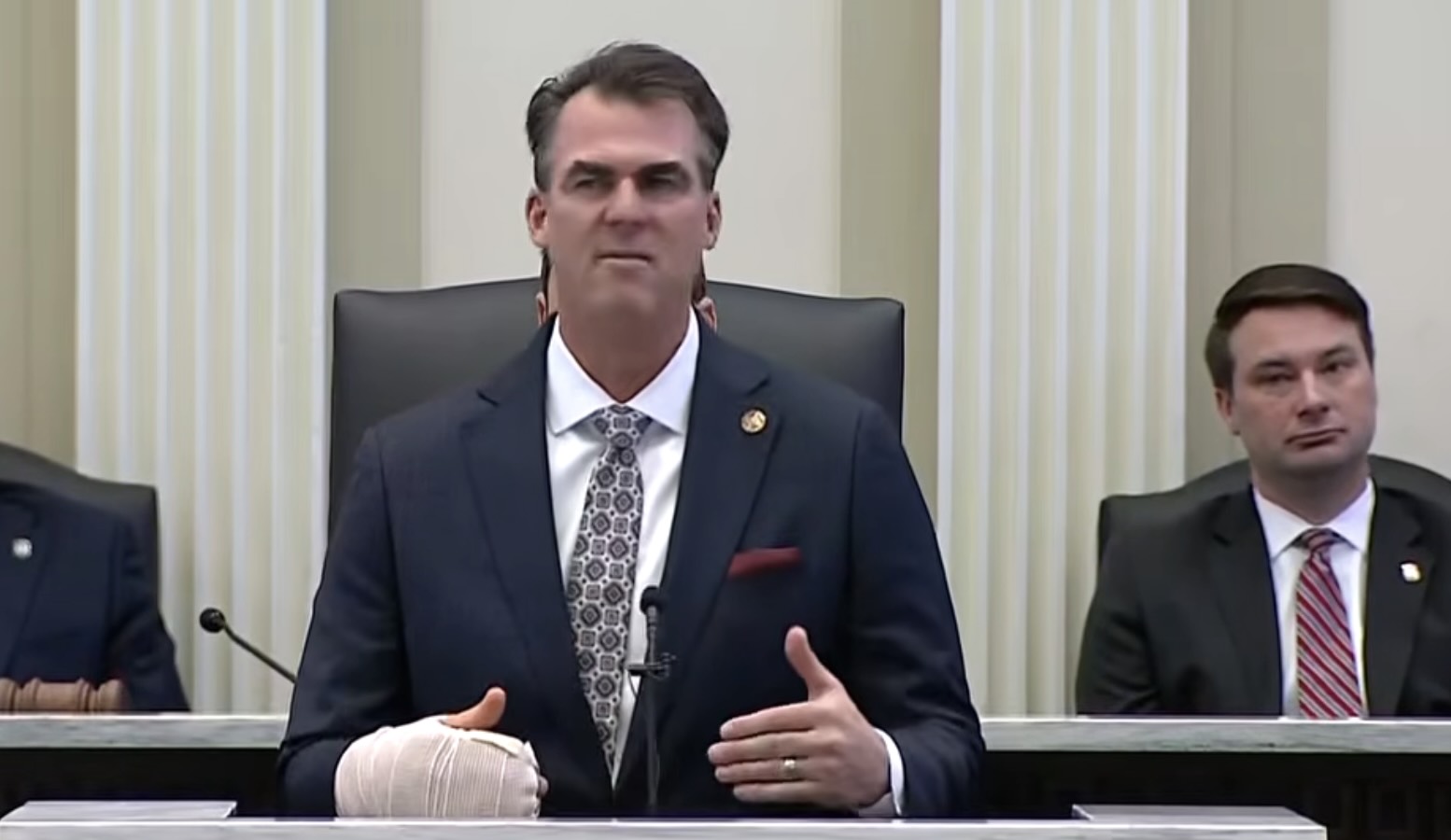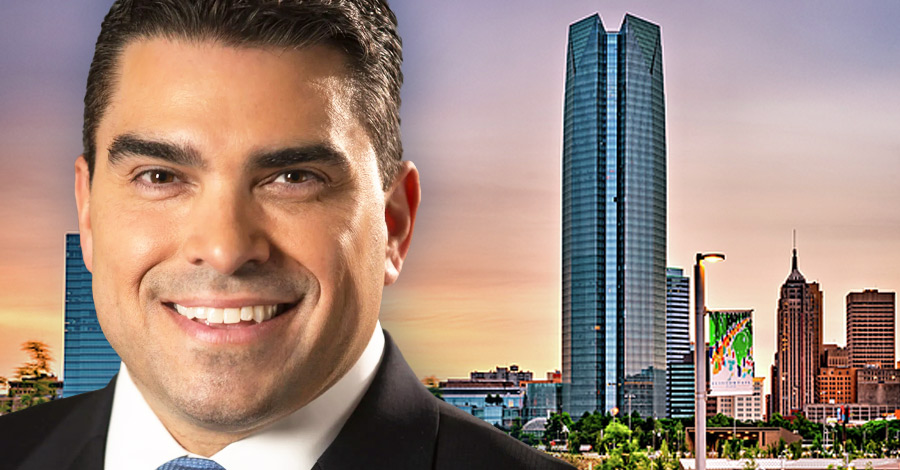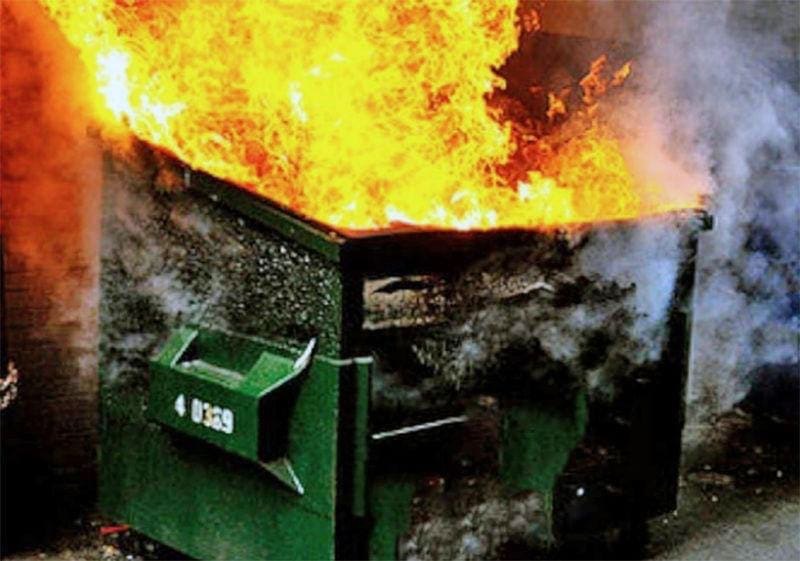One day at a time is all you can truly do... Saucedo proves that – the good, the bad, and everything in between.
Flying under the radar this holiday season, Netflix quietly released Saucedo – a gritty documentary about OKC-raised boxer Alex Saucedo – back in December. Despite its compelling story and hometown ties, the film landed with little local fanfare, save for Oklahoma City Mayor David Holt, who eagerly promoted it probably because he makes a cameo.
I’m not exactly a fan of watching people beat each other to death inside a square ring, so I didn’t know much about Alex Saucedo or his short but distinguished boxing career. But when I read the logline and discovered the documentary was about his struggle to stay relevant after a career-ending injury – and how it forced him to redefine and refine his goals – I realized how much it resonated with me and my own journey recovering from a near-fatal stroke.
Saucedo opens with Alex Saucedo putting up drywall in the early morning hours—a stark image of a man rebuilding more than just walls.
After a brief introduction, we learn that Alex was once a boxing champion forced to retire after suffering a subdural hematoma, where blood collects between the skull and the brain's surface. I’ve felt that. While he didn’t technically die, being told he could never fight again was his own personal death sentence.
Returning to Oklahoma City after the traumatic injury, Alex finds himself disillusioned and lost. With a young family to support, he struggles to find a new job and, more importantly, a new purpose. Attempts to retrain and re-educate himself don’t pan out, leaving him adrift.
Sinking into a deep depression, the once-promising fighter becomes a house-husband who spends his days lying on the couch. In Mexican culture, this is a blight on his manhood, compounding his despair. Though he manages to buy a home, sleepless nights drive him toward violence, alcohol, and drugs.
Thankfully, the story offers a glimmer of hope. Saucedo begins to recognize his problems and takes the first steps on the long road to recovery.
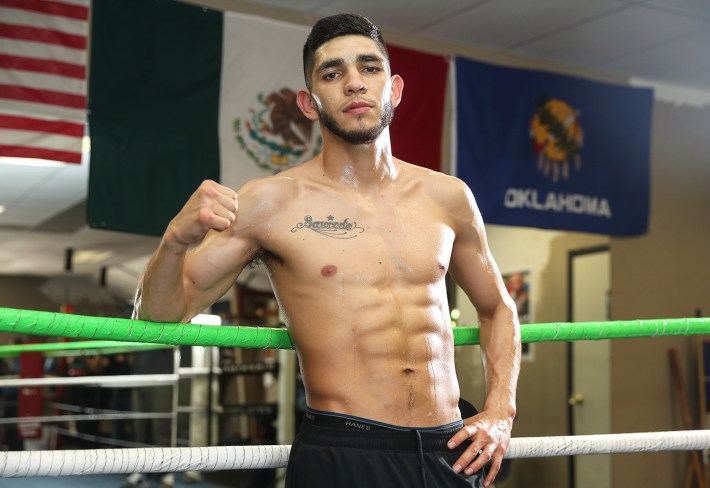
Although the challenges Saucedo faced are undeniably terrible, they feel almost otherworldly to most people.
After experiencing three strokes before the age of 45, I understand how profoundly life changes and how people adapt to this new reality to survive. For me, writing for The Lost Ogle became my coping mechanism—a creative outlet that kept me grounded. But for many who don’t have that kind of safety net, the weight of these struggles often pushes them toward addictions like drugs and alcohol just to cope.
Saucedo is a masterwork in the loss of identity and the way you try to keep it.
Probably the most absorbing moment in Saucedo comes when Alex stops by a fight at the Osage Casino in Tulsa.
It’s a gut-wrenching scene as everyone talks around him, never to him. The way it unfolds, raw and unfiltered, is a brutal reminder of the isolation that comes with losing your identity—something most will never truly understand.
While I’ve never experienced the big lights of a boxing career, I’ve been in the throes of massive depression brought on by a new disability. I thank God for the ability to stand up and start again, even without a cornerman in my corner.
Saucedo won’t win any awards, and honestly, that’s fine. But for those of us who’ve been in similar situations, it’s not just a movie—it’s a handbook for getting back up and trying again. And again.
-
Follow Louis Fowler on Instagram at @louisfowler78.
